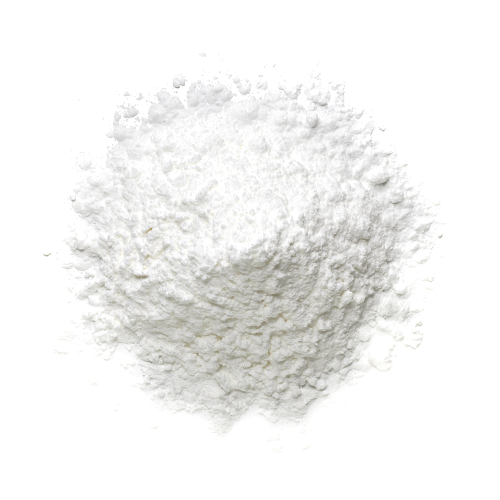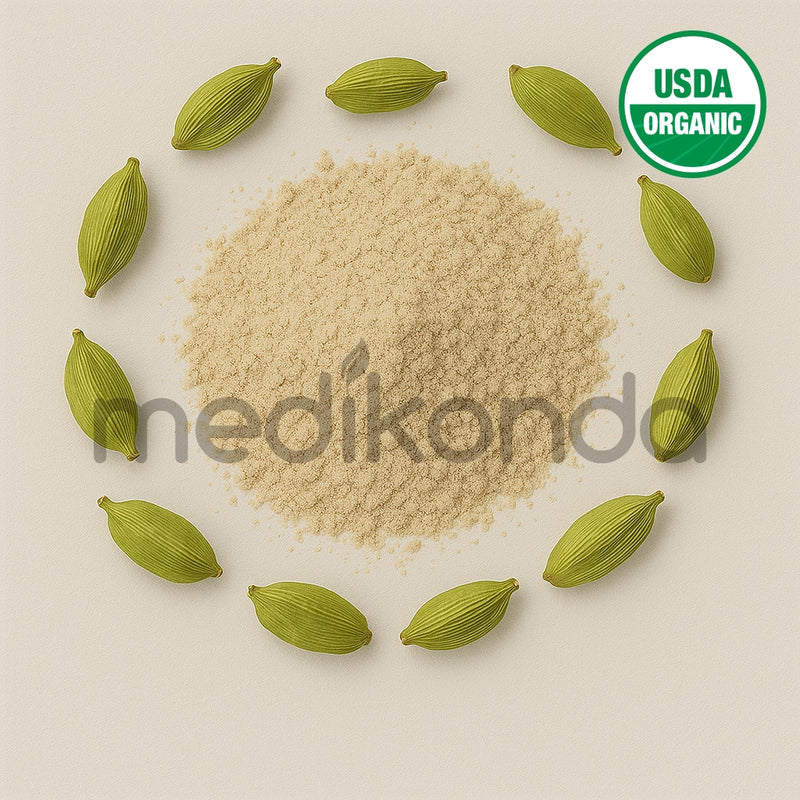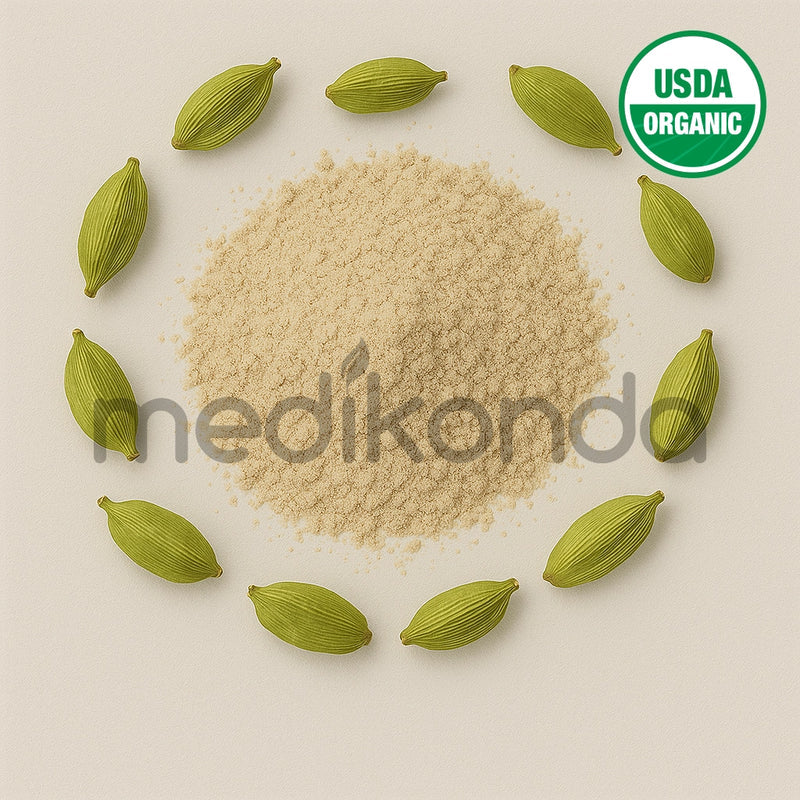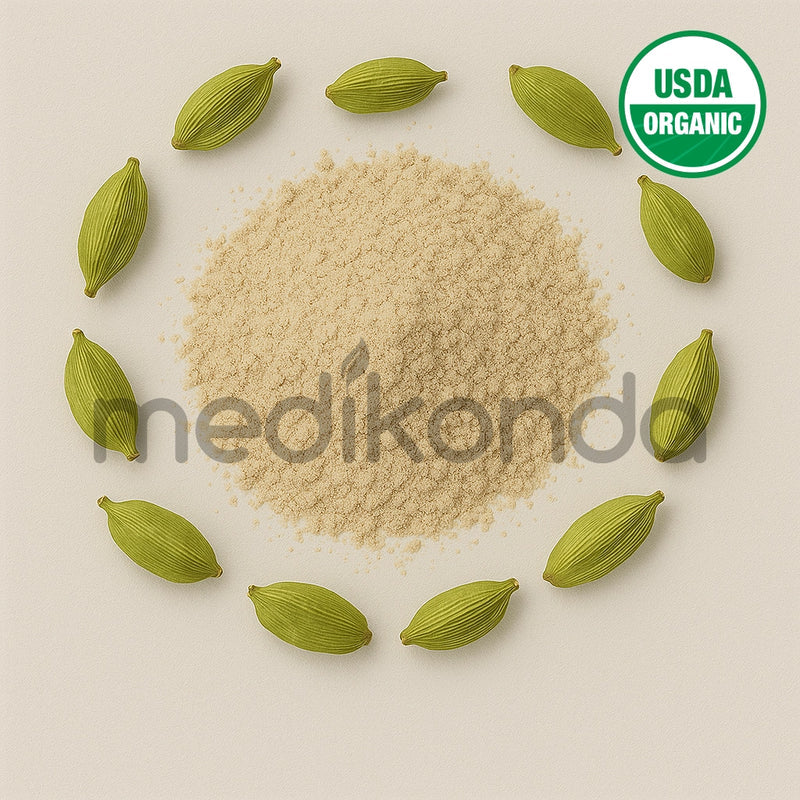Add description, images, menus and links to your mega menu
A column with no settings can be used as a spacer
Link to your collections, sales and even external links
Add up to five columns
Add description, images, menus and links to your mega menu
A column with no settings can be used as a spacer
Link to your collections, sales and even external links
Add up to five columns
LOOKING FOR BULK INGREDIENTS PRICING?
GET INSTANT QUOTEwhat ingredient are you looking for?

Benefits of Trypsin - Wholesale B2B Bulk Suppliers in Australia and New Zealand
Trypsin: The Essential Digestive Enzyme with Wide-Ranging Applications
What is Trypsin?
Trypsin is a powerful proteolytic enzyme that plays a critical role in the human digestive system. Naturally produced in the pancreas as the inactive precursor trypsinogen, it becomes activated in the small intestine, where it helps break down dietary proteins into smaller peptides and amino acids.
Belonging to the serine protease family, trypsin is not only vital for digestion but is also widely used in biotechnology, medicine, and food processing.
How Does Trypsin Work?
Trypsin functions by hydrolyzing peptide bonds in proteins, specifically targeting the carboxyl side of the amino acids lysine and arginine. This targeted action makes it especially efficient in converting large, complex proteins into easily digestible units. Once proteins are broken down, other enzymes continue the digestion process until only amino acids remain for absorption.
Natural Sources of Trypsin
Trypsin is:
-
Endogenously produced by the pancreas
-
Commercially extracted from bovine (cow) or porcine (pig) pancreas
-
Also produced via recombinant microbial fermentation for pharmaceutical and research purposes
Key Applications of Trypsin
1. Digestive Health Supplements
-
Often included in enzyme blends to support protein digestion
-
Useful for individuals with pancreatic insufficiency or malabsorption disorders
2. Biotechnology and Research
-
Used to dissociate adherent cells in cell culture for passaging and harvesting
-
Aids in protein sequencing and mass spectrometry by cleaving proteins at known locations
3. Wound Healing and Inflammation
-
Trypsin, often combined with chymotrypsin, is used therapeutically to reduce inflammation, edema, and aid in tissue repair
4. Food Processing
-
Used to modify proteins in food products to improve digestibility, texture, or flavor
-
Applied in the production of protein hydrolysates and infant formulas
Health Benefits of Trypsin
-
Improves Protein Absorption: Helps the body efficiently break down and utilize protein from the diet
-
Supports Gut Health: By assisting in complete digestion, trypsin may help prevent undigested food fermentation and bloating
-
Reduces Inflammation: In therapeutic blends, trypsin may aid in reducing post-operative swelling and tissue trauma
-
Tissue Regeneration: Assists in clearing necrotic tissue and promoting healthy tissue regeneration in wound environments
Safety and Considerations
Trypsin is generally safe when used appropriately, but:
-
High doses may irritate the GI tract
-
Individuals allergic to animal-derived enzymes should seek microbial or plant-based alternatives
-
In research or medical use, strict handling protocols are required due to its proteolytic activity
Final Thoughts
Trypsin is more than just a digestive enzyme—it's a biochemical workhorse with critical roles in medicine, research, and food technology. Whether you're looking to enhance protein digestion or harness its properties for cell culture or wound care, trypsin stands out as a versatile and valuable enzyme. Its ability to selectively break down proteins continues to open new doors in health, nutrition, and science.
For bulk orders and inquiries, visit Medikonda Nutrients - Trypsin
Medikonda Nutrients is the Largest Manufacturer, B2B Bulk Wholesale Supplier of Trypsin in Australia and New Zealand.
Also in Medikonda: Health & Wellness
SUBSCRIBE NOW ...
Don't miss to get latest updates on sales, new releases and promotions




